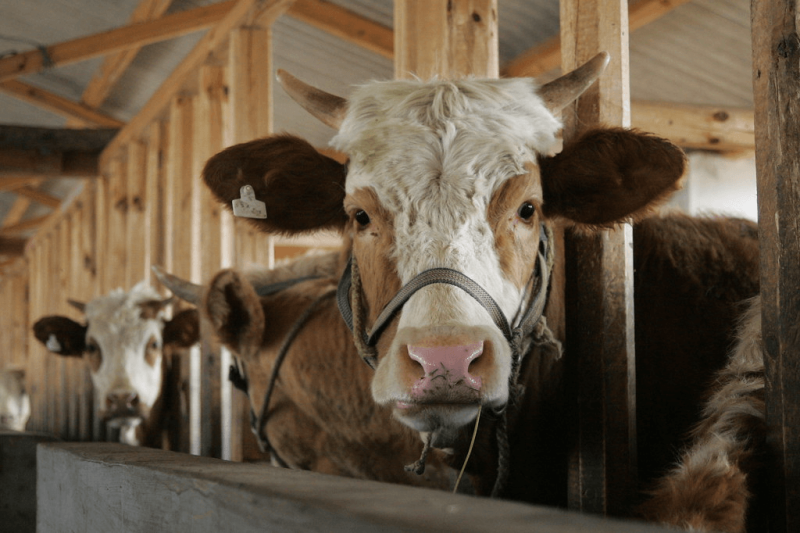Chinese scientists have cloned three “super cows” able to produce 18 metric tons of milk per year and more than 100 tons of milk over the course of their lifetimes, which may help reduce China’s dependency on imported dairy cows.
To clone the animals, scientists from the Northwest University of Agricultural and Forestry Science and Technology took somatic cells from the ears of highly productive Dutch Holstein Friesian cattle and placed them in surrogate cows, according to a news release from the university.
…
In comparison, the average cow in the United States produces about 12 tons of milk annually, according to data from the US Department of Agriculture.
Jin Yaping, the project’s lead scientist, said that cloning “super cows” would allow China to preserve its best dairy breeds and avoid the biosecurity risk presented by importing live cows from other countries. China currently imports around 70 percent of its dairy cows.
“We plan to raise a herd of 1,000 super cows in two to three years. This will provide key support in creating our own breeding bulls and dairy cows, thus easing China’s dependency on importing cattle,” Jin said.
[Editor’s note: This article was originally posted with “100,000 tons” in the title. This was erroneous. The title has been updated to “100 tons”.]






























